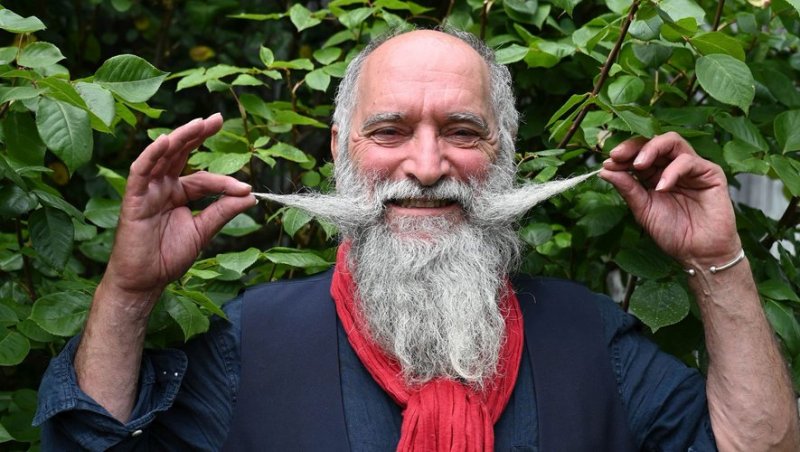Moroccan-French Author Unveils Gritty Family Saga: From Atlantic Wall to ’Forgotten France’

Saïd Mohamed has just published "Sur la Tête de ma Mère", the seventh volume of his family saga, with Lunatique Editions. The Moroccan writer and poet, who has received the Grand Prix International de l’Académie Charles Cros several times, looks back on his origins in this book.
"My father, Aït M’hamed, was a Moroccan laborer, a Berber driven from his home by famine to Algeria. Vichy and the Germans were then looking for free labor. He could neither read nor write, he did not mistrust them. In the end, he found himself building the Atlantic Wall and then clearing the destroyed cities. "War is simple, my son... The Americans made us fill the holes that the Germans had made us dig," he summed it up like that, between two bottles," the author confides in an interview with MiDi.
He will continue: "The Mother, Solange, was from Touraine. Her father hated her to the point of trying to kill her. Pregnant at 16, she fled her farm. Asocial, illiterate, during the war, she became a lumberjack, charcoal burner, poacher, laundress... In the end, eight children from five different fathers, not counting the abortions. Of the four she had with my father before abandoning us, I am the one from 1957, born in Le Mans. In short, "it’s Zola"... But I preferred "réalitture" to write about this forgotten France of the "Trente Glorieuses", a literature of the real, picaresque. The daily adventure that is the survival of the marginalized, the poor, the immigrants, the refugees, of all those assigned to residence by their origins, in short, the tragedy of their existence, is better understood with laughter than with tears."
Writer and poet, Saïd Mohamed already has seven novels and fifteen poetry collections, as well as CDs to his credit. He won the Grand Prix International de l’Académie Charles Cros in 2022 for "Délits de faciès" and in 2018 for "Un Toit d’Étoiles". "The luck of my life was to be placed... My childhood, my adolescence, it’s the Ddass. And it’s then reading in the eyes of others that we are a pariah, a relegated one... but it also saved me. In the home, there is a library: I read. Jules Verne, The Mysterious Island, Daniel Defoë with Robinson Crusoe... When you are yourself a castaway, it allows you to rebuild a universe. In 3rd grade, I was 16 years old and I came across this French teacher who asked us the traditional essay "tell us about your holidays". I write about my trip to Morocco with my father and she says "it’s good". It changes everything..."
The author of "Délits de faciès", published in 1989, explains that he chose to publish this text in CD version "because since 1989, nothing has changed. Border police, hunting down exiles, rejection... "Pushing back to the detention camp the stifled glimmers of the dust of life, those trees grown in the night": these words from then remain relevant when thousands of men, women and children die in the Mediterranean in the indifference of the North towards the South and others are imprisoned. Délits de faciès is the language of the oppressed." In his new book "Sur la Tête de ma Mère", Saïd Mohamed also claims his French identity. "I owe everything to the French Republic. Thanks to the Ddass, at the time, we were entitled to a society that protected us, fed us, clothed us, educated us and raised us to the rank of men. I owe all of this to the Republic, and in particular the fact that I was able to extract myself from my condition thanks to art."
Related Articles
-

Faith Fuels Fame: How Vitaa’s Muslim Beliefs Drive Her Music and Motherhood
11 August 2025
-

Moroccan LGBTQ+ Activist Sparks Outrage with Provocative Anti-Religion T-Shirt
10 August 2025
-

From Miss France to Moroccan Matriarch: Malika Ménard’s Global Journey and New Roots
9 August 2025
-

Diplomatic Stew: Morocco Challenges US Ambassador Over Tajine Cultural Appropriation
8 August 2025
-

Spice Girl Mel B’s Moroccan Encore: Star-Studded Second Wedding in Marrakech
5 August 2025